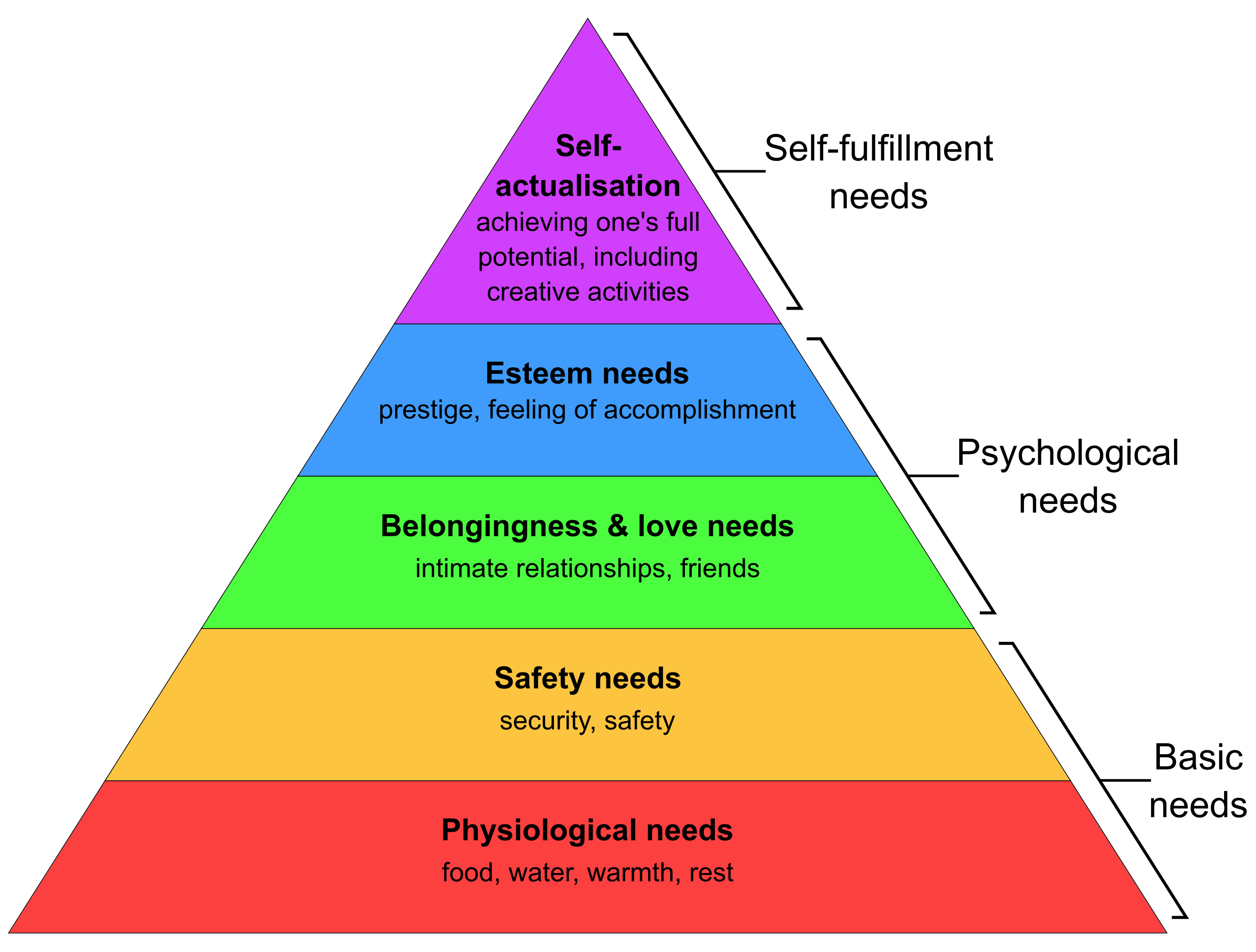20251020_ToDiOrNotToDi_pen
There's groups of people who enjoyed celebrating Dipawali/Diwali, and there's groups who didn't quite see the appeal. But if you're like me, having mixed feelings as always about everything, here's a point of view that you can maybe relate to.
I believe this, and many other conflicts of interest, can be understood by examining ourselves under the 20240609_Maslow'sHierarchyOfNeeds_info chart. If there's one thing that I would like for you to take away from my words, it's how Maslow's concept can be extended to map any one thing in human society to another.
To illustrate, Diwali is a festival of lights. It's currently celebrated as an event to unite the people of India as they remember the victory of good over evil; the outcome of the battle between their noble homegrown saviour versus the cruel alien tyrant.
If you're like me, then you'd note the irony of the concept behind Diwali; it only sticks if we stick to rigid definitions of good and evil. Truth is, morality is more of a spectrum than a fine line.
And our definitions of good and evil rely on what each of us believe to be the one need leading to our self-fulfillment, which is at the very top of Maslow's pyramid of needs.

-
For many people, celebrating a festival like Diwali is about fulfilling the human need for belongingness and love, more than anything else. If there are people who feel the need to celebrate Diwali by going back to their hometown/village from the city where they are pursuing their employment, then maybe it's that need of theirs getting fulfilled, once a year.
-
If we don't feel the same urge, then maybe our need for belongingness and love is already satisfied. That means we pursue something along the lines of self-esteem and self-fulfillment, which lie a level above. In that case, anything else is below the baseline established by Diwali. This means that all of our other needs are being met.
-
If we don't want to celebrate it, then it can also imply an imbalance. A person can't truly fulfill their aesthetic needs without being able to fulfilling their physiological, safety, belongingness and love and self-esteem needs. The essential workers (healthcare, F&B, transportation, etc.) and other blue-collar physical labourers who had to hustle despite the ongoing celebrations, are victims to that imbalance. And there's the fact that there are active wars going on (Israel-Palestine and Russia-Ukraine) in other parts of the world which may affect our individual need for global safety for all.
-
Take for instance, the community at Sivakasi. Diwali is a matter of livelihood for them, the revenue generated from their products, which provide for almost 80% of firecrackers sales nation-wide, meet their safety and physiological needs. Hence, labourers working in the fireworks factories rely heavily on Diwali for their annual sustenance.
It's obvious to everyone that different people have different needs. Hence, we have so many problems in society that we never truly agree on anything revolutionary. But Maslow's needs can help us understand why our needs are different, and breakdown how one person's need can just be another's consideration.
With that understanding, our own needs can become clearer. Since truths can be manipulated based our respective needs to interpret it as our desired versions, any deficiencies can alter the states of our own realities. Just because I don't need to celebrate Diwali doesn't mean you don't. It's another case if I want to, yet another one if I don't want to but need to.
The point to all this is, we get so caught up over the inequality of the ethical and/or environmental need to celebrate Diwali, that we confuse the people who need to celebrate it with the people who want to.
Again, this isn't an introspection on how to celebrate Diwali. It's an answer to the question of why some people choose to celebrate Diwali despite the cons that follow it.
Each of us have a unique set of needs in society. The more we dive into it, the more concrete becomes our versions of the same truths. Isn't that what leads to the broader conflicts of interests that affect our everyday lives?